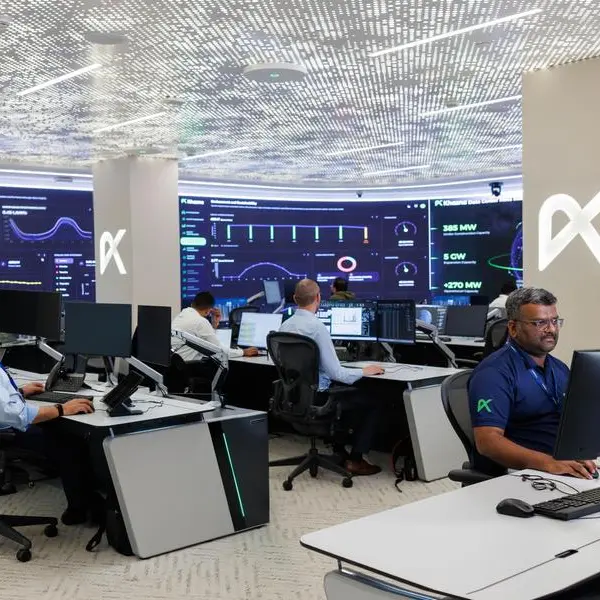PHOTO
Barcelona -- The director of the National Information Center at the Saudi Data and AI Authority (SDAIA), Dr. Esam bin Abdullah Al-Wagait, confirmed that the Kingdom of Saudi Arabia has launched initiatives in the field of smart cities inspired by innovation in order to be a worldwide reference, underscoring that smart cities are among one of the basics of sustainable urban living for humanity.
His remarks were in a speech Wednesday during the activities of the Smart City Expo World Congress held in the Spanish city of Barcelona, where he said that generative artificial intelligence (AI) integrated into city services and urban solutions will become the cornerstone of future smart-city initiatives.
He also indicated that using the power of generative AI will not only include designs and urbanization of our cities but will create smart cities adapted to the needs of their residents and promoting a sustainable and inclusive living environment.
Al- Wagait reiterated that in support of the increasing use of the Internet of Things (IoT), the Kingdom has demonstrated its commitment to the basic vision that stipulates enhancing the smart-city environment in which communication and connectivity are not just applied concepts but a lifestyle, seamlessly integrating IoT into the city’s technical structure.
He also underscored the transformation of the pioneering national project NEOM, as the project is a realistic embodiment of the future vision of smart cities through the effective use of IoT, big data, and AI, which aims to redefine the concepts of urban design and planning and set new global standards for efficiency in improving every aspect of the urban city and achieving well-being for its citizens.
He noted the transformation journey of SDAIA through its various initiatives, including establishing the Smart Riyadh Operations Center (Smart ROC), which works as a central point that uses data and AI techniques to monitor, analyze, and forecast operational indicators in various sectors in Riyadh. He said the major mission of the center is to address the city's challenges, improve quality of life, infrastructure, and urban services.
He said SDAIA has developed smart systems to monitor crowds and traffic through coordination with government agencies to build AI-based systems which supported the center to successfully manage traffic during the International Technology Conference (LEAP23) in Riyadh, led to reducing traffic congestion by 36% and ensured a quick and effective response to ambulance and emergency cases in record time.




















